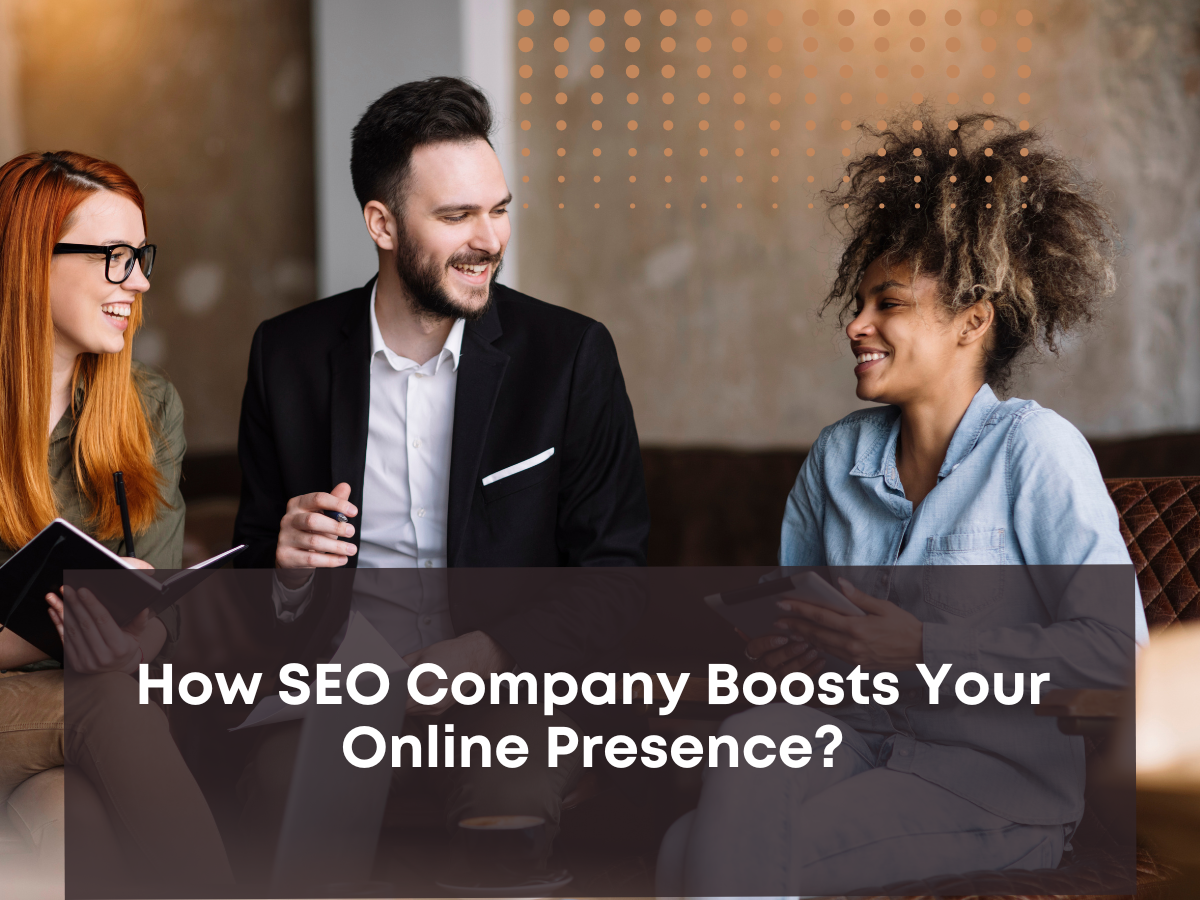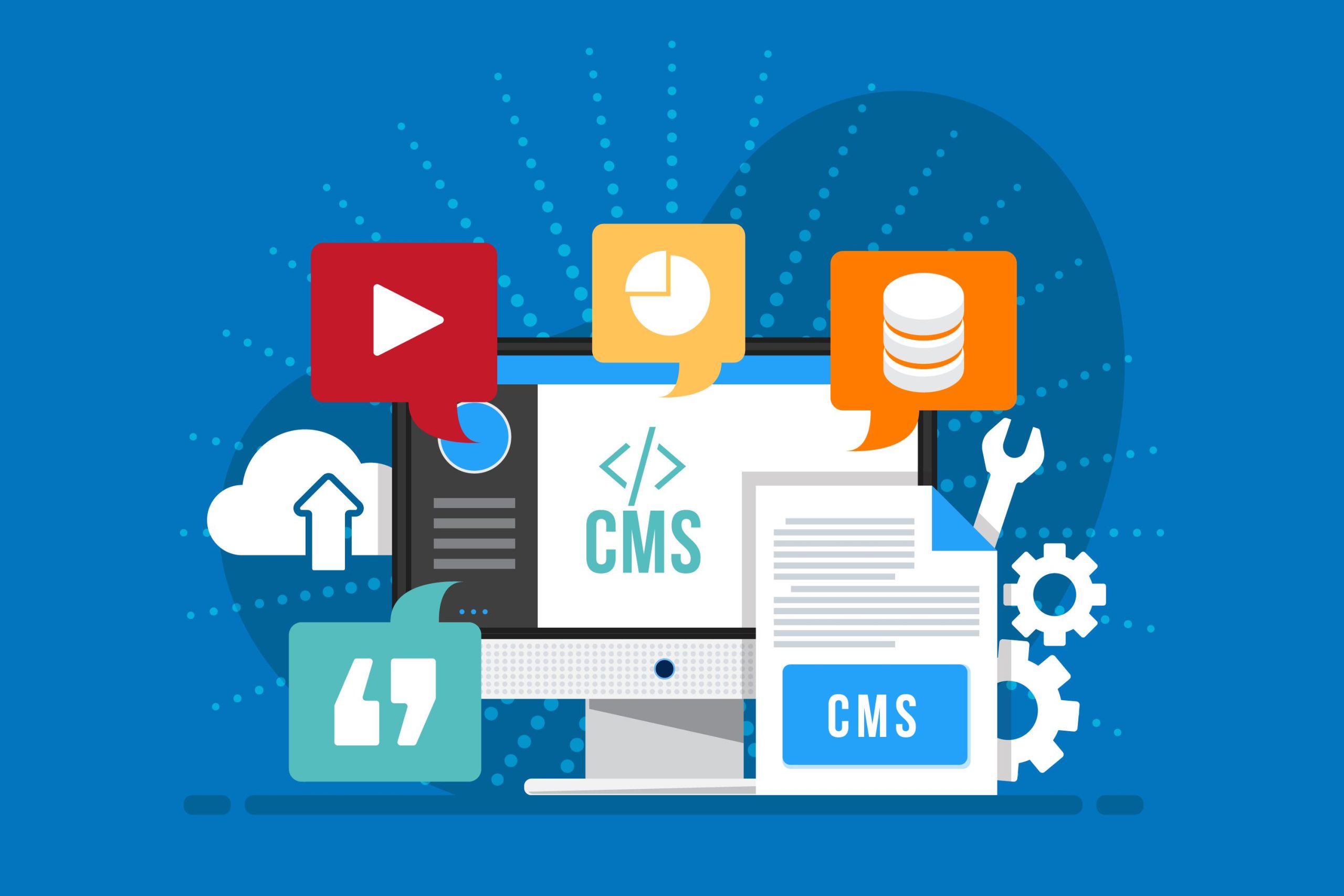Email Marketing Vs PPC- Which one is more Effective for a Startup Business
Introduction:
In today’s digital landscape, startup businesses have an array of marketing strategies at their disposal. However, two powerful methods often stand out: email marketing and PPC (Pay-Per-Click) advertising. While both approaches can yield significant results, understanding their nuances and considering their effectiveness is crucial for startups aiming to maximize their resources and achieve optimal outcomes.
Quick Links
In this discussion, we will explore the key factors that can help determine which strategy, email marketing or PPC, holds greater potential for success in the context of a startup business. By delving into the advantages, target audience considerations, budgetary aspects, and integration possibilities, entrepreneurs can make informed decisions about where to focus their marketing efforts.
Join us as we analyze the merits of these two approaches, weigh their respective benefits, and navigate the complexities of selecting the most effective strategy for your startup business. With a clear understanding of the unique advantages each method offers, you’ll be empowered to make informed choices that align with your specific business goals, target audience, and available resources.
Embark on this exploration to gain valuable insights into the world of email marketing and PPC, and uncover the ideal path for propelling your startup to new heights of success.
When comparing email marketing and PPC (Pay-Per-Click) advertising for a startup business, it’s important to consider various factors to determine which one may be more effective. Both strategies have their advantages and can be successful, but the choice ultimately depends on your specific goals, target audience, and budget. Here’s a breakdown of each approach:
Email Marketing:
Email marketing involves sending targeted messages to a list of subscribers who have willingly provided their email addresses. Here are some advantages of email marketing:
a. Cost-effective: Compared to PPC, email marketing is generally more cost-effective, especially for startups with limited budgets.
b. Targeted audience: With email marketing, you have control over your subscriber list and can segment it based on demographics, interests, or behavior, allowing for personalized messaging.
c. Relationship building: Email marketing allows you to build a relationship with your audience over time. Through regular communication, you can nurture leads, provide value, and encourage repeat business.
d. Higher engagement: Emails have higher open and click-through rates compared to many other marketing channels. This can lead to increased conversions and sales.
PPC Advertising:
PPC advertising involves paying for ads displayed on search engines or other platforms. Here are some advantages of PPC:
a. Immediate visibility: PPC ads can provide instant visibility and generate traffic to your website or landing page.
b. Targeted reach: PPC platforms allow you to target specific keywords, demographics, and locations, ensuring your ads reach a relevant audience.
c. Measurable results: PPC platforms provide detailed analytics, allowing you to track and measure the performance of your ads, including impressions, clicks, and conversions.
d. Flexibility and scalability: PPC campaigns can be adjusted and optimized in real-time based on performance. You can increase or decrease your budget and test different ad variations to improve results.
Choosing the More Effective Approach: To determine the more effective approach for your startup business, consider the following factors:
Goals:
Clarify your marketing goals. If you prioritize relationship building, customer retention, and long-term engagement, email marketing may be more effective. If you need immediate traffic and conversions, PPC advertising might be a better choice.
Target audience:
Analyze your target audience and their preferred communication channels. If they are more receptive to emails and have willingly subscribed to your list, email marketing can be effective. If they are actively searching for products or services similar to yours, PPC advertising can capture their attention.
Budget:
Assess your budgetary constraints. Email marketing generally requires lower upfront costs, but PPC advertising can provide quicker results if you have sufficient funds.
Integration:
Consider how email marketing and PPC advertising can work together synergistically. You can use PPC to drive traffic to landing pages and capture email addresses for your email marketing campaigns.
In conclusion, both email marketing and PPC advertising can be effective for a startup business, but the choice depends on your specific circumstances. It may be beneficial to experiment with both strategies and evaluate their performance to determine the best approach for your business.
How to Make Your Food Blog Irresistibly Yummy for Google Rankings?
SEO strategy is at the core of any successful blog. It is even more critical in densely populated…
0 Comments11 Minutes
How SEO Company Boosts Your Online Presence?
The web jungle is immense with hundreds and thousands of new websites cropping up every day! It is…
0 Comments6 Minutes
Keyword Research Strategies: Opportunities for SEO Success
Consider wanting to sell ice cream. You arrange your ice cream stand, but how can you tell people…
0 Comments10 Minutes
Optimizing Marketing Automation with Dynamics 365: Essential Keywords and Strategies
For organizations aiming to hold their ground and reach out to their audience effectively,…
0 Comments9 Minutes
Understanding AI, Machine Learning, and AIML: A Comprehensive Overview
We are all aware of the phrase: “Change is Constant!” It means nothing is permanent except…
0 Comments7 Minutes
What are the Cybersecurity Best Practices to Safeguard Your Digital Assets
One could say that cybersecurity is not anymore, an added luxury – it has become a necessity. Due…
0 Comments8 Minutes
8 Ways Visual Content Enhances the User Experience on Your E-commerce Website
When it comes to e-commerce, first impressions are everything. Your website is usually the first…
0 Comments7 Minutes
How to Find and Fix Orphan Pages in SEO
Orphan pages are the web pages which are not linked to any other web page of the specific site and…
0 Comments9 Minutes








